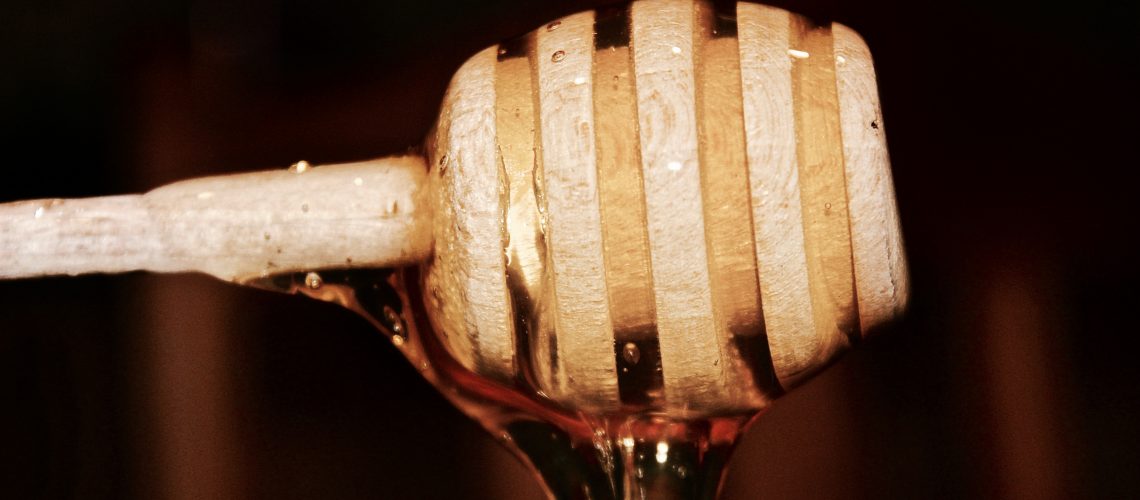The honey debate has been a hot topic in the food safety debate since last week’s revelation. One big rebuttal from the defending party (the Australian honey industry) claims that most of the honey being compared are not pure. What does that mean?
If you missed last week’s major scandal regarding Australian honey, here is a quick summary. An international research paper revealed that Australian honey contains the most poison in a global comparison (read more in our article by clicking here). Representatives of the Australian honey industry says that when compared to processed honey, like the ones made in China, that result will be certain – processed honey barely contains pollen, the carrier of the poison!
The Honey Factor
So obviously, the Aussie beekeepers argument is that their pure and organic product. So what are the key things that make honey pure?
-
taken directly from the source (a beehive of course!)
-
unstrained which means that it contains bacteria (of the good and bad kind)
This is what we found on the processed counterpart
-
normally ‘dead’
-
ultra filtering forces the honey through high pressure through extremely small filters to remove pollen
-
does not contain the same health values as the raw ‘organic’ counterpart (since all the bacteria from the pollen is removed)
Benefits
Organic honey has many more benefits than the processed counterpart. It has friendly bacteria that helps build the body’s immune system. These friendly bacteria can help control blood sugar, weight management can act as a cough suppressant and can heal wounds – sounds very much like the elixir of life! But of course, there is the danger of getting some of the bacteria in your body as well – so in a sense, the processed honey may be safer for you to eat since all signs of bacteria are removed.
Now which one to choose? If there are benefits to both but it seems to me organic is the way to go – it seems the positives outweigh the negatives here.
If you would like more information on this topic or get the source URL for this article, then email us at [email protected]
